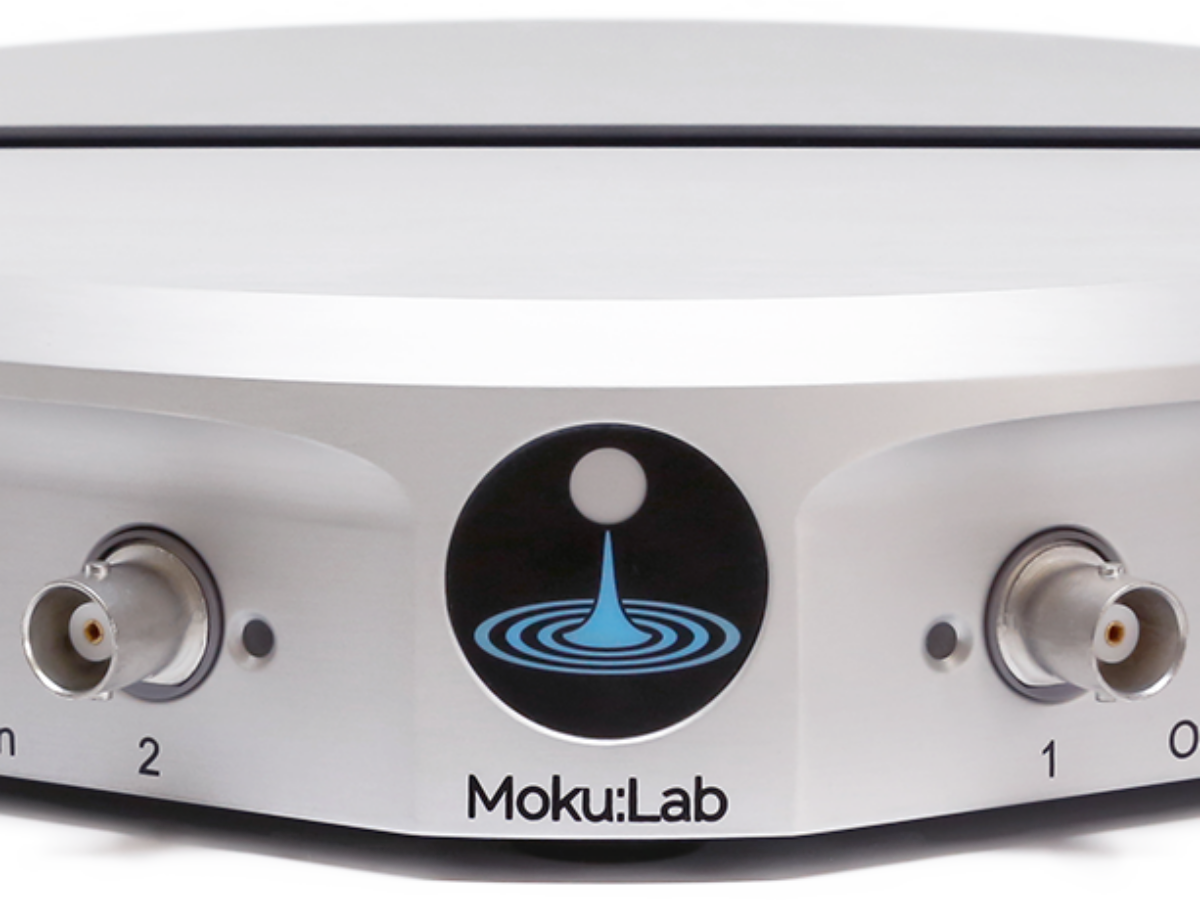Liquid Instruments revolutionises laboratory equipment

Precision laboratory test instrument manufacturer, Liquid Instruments has raised $11.1 million in Series A venture capital funding.
The company, which developed a software configurable hardware platform that integrates 12 test and measurement instruments in one, raised the funds from US-based Anzu Partners and Canberra's ANU Connect Ventures.
The funds will accelerate product development and sales of the company's flagship product, Moku:Lab, in the education, research and industrial measurement markets in the US, Europe and Asia.
Professor Daniel Shaddock, CEO of Liquid Instruments, said: “We started Liquid Instruments because we were frustrated with how little innovation there had been in test and measurement equipment.
“Labs today often look the same as they did thirty years ago because they are using the same oscilloscopes, spectrum analysers, waveform generators, and other conventional instruments.”
Professor Shaddock is Professor of Physics at the Australian National University and co-founder of Liquid Instruments.
Liquid Instruments was founded in 2014 by a group of scientists and engineers, including some who developed cutting gravitational wave detection systems.
Moku:Lab is controlled by an app and can receive over-the-air software updates to existing instruments, and access to entirely new instruments.
Shaddock said: “To replicate all that Moku:Lab can deliver would require tens of thousands of dollars in separate equipment purchases and significantly more lab space to house it all.
“Moku:Lab’s suite of precision instruments, mobile form factor, and modern user interface allows scientists and engineers to significantly reduce labs costs and space, while improving the efficiency and accuracy of their test and measurement data collection and analysis.”
Australian National University Vice-Chancellor and Nobel Prize winning physicist, Professor Brian Schmidt AC, said Liquid Instruments is a leading example of the commercial benefits of scientific research.
“This technology was originally developed to detect gravitational waves in one of the most sensitive measurement devices ever constructed,” said Schmidt. “Now Professor Shaddock and his team are sharing this tech with the scientists and engineers of the world to help unlock the next wave of great discoveries.”
Picture: Liquid Instruments/ Moku:Lab
Subscribe to our free @AuManufacturing newsletter here.
Topics Manufacturing News
@aumanufacturing Sections
Analysis and Commentary Awards casino reviews Defence Gambling Manufacturing News Online Casino Podcast Technology Videos





